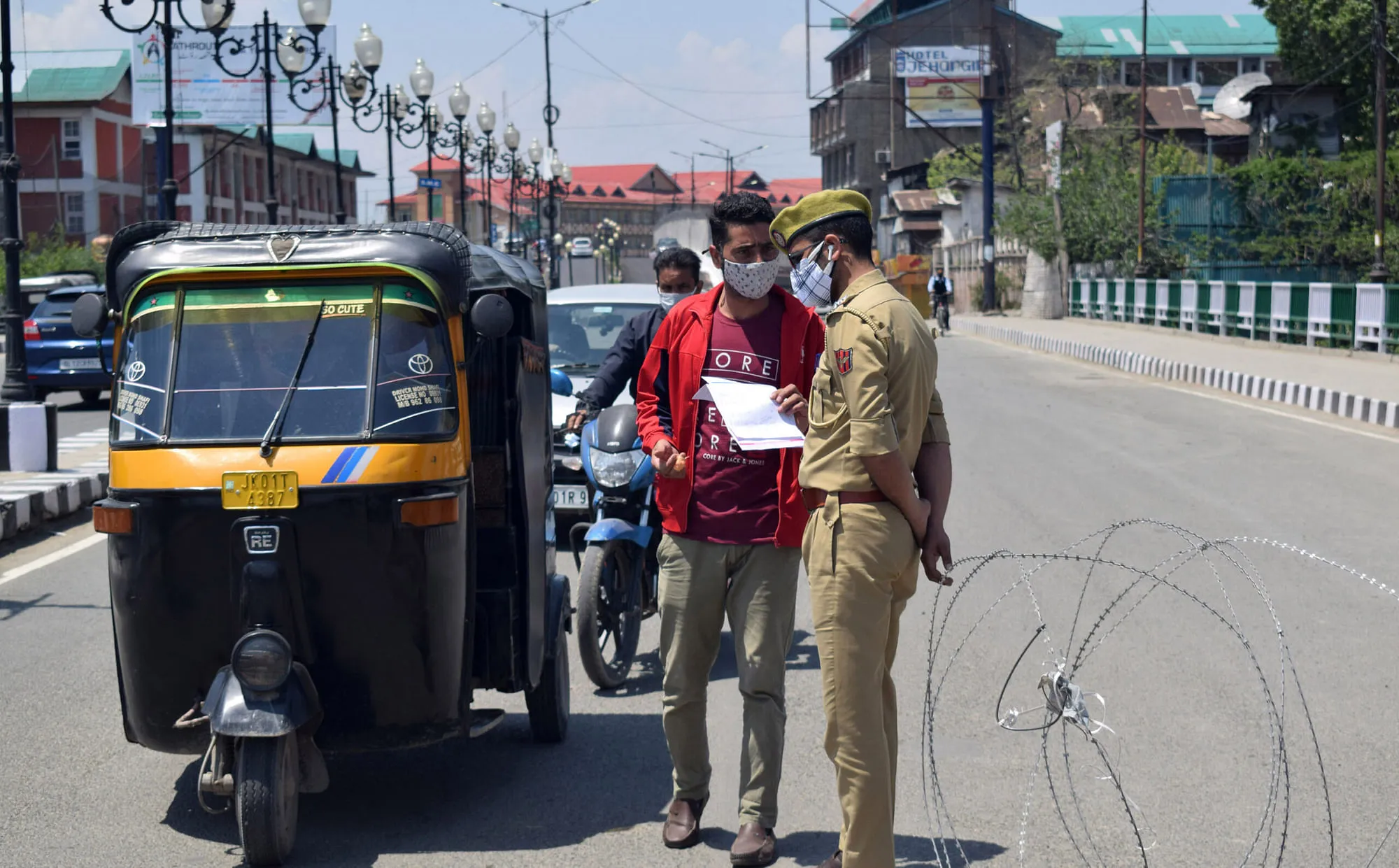New Delhi: Amidst a heightened level of concern over the Omicron variant, the Centre on Tuesday advised states and UTs to ramp up testing and undertake effective surveillance of international passengers, asserting that the Omicron variant of SARS-CoV-2 does not escape RT-PCR and RAT tests as it extended the nationwide COVID-19 containment measures till December 31.
Also on Tuesday, Union Health minister Mansukh Mandaviya told Parliament that the new COVID-19 variant –Omicron– has not been reported in India yet and asserted that the government has taken measures to ensure that it does not reach the country and has issued an advisory after looking at developments globally.
The strict norms for international passengers arriving in the country, especially from ‘at-risk’ countries, will also come into effect from December 1 as part of the government’s efforts to keep the spread of the new variant at bay. More than a dozen countries have reported cases of the Omicron, dubbed as a “variant of concern” by the World Health Organisation.
Chairing a high-level meeting with states and UTs to review public health preparedness in the country, Union Health Secretary Rajesh Bhushan advised states and UTs not to let their guard down and keep a strict vigil on the international passengers coming to the country through various airports, ports and land border crossings and stressed on strict monitoring of hotspots.
He also noted that the revised guidelines and international travel advisories have been shared with the states.
During the meeting, DG, ICMR Dr Balram Bhargava informed the participants that the Omicron variant doesn’t escape RT-PCR and RAT and hence, states and UTs were advised to ramp up testing for prompt and early identification of cases, an official statement said.
The Centre also extended the nationwide COVID-19 containment measures till December 31 and Union Home Secretary Ajay Bhalla wrote to state and UTs, asking them to strictly adhere to the November 25 advisory issued by the Union Health Ministry, recommending rigorous screening and testing of all international arrivals.
Bhalla also said the contacts of the international travellers must be closely tracked and tested as per the health ministry guidelines, and the samples of travellers turning positive sent to the designated Genome Sequencing Laboratories promptly, as per the Indian SARS-CoV-2 Genomics Consortium (INSACOG) Guidance Document.
He said the state surveillance officers must also establish close coordination with their designated or tagged genome sequencing laboratories for expediting results of genomic analysis, and the States and UTs should immediately undertake necessary public health measures, in case of the presence of variants of concern.
Under the new travel norms, effective from Tuesday midnight, RT-PCR tests are mandatory for passengers arriving from ‘at-risk’ countries and they will be allowed to leave the airport only after the test results come. Also, randomly five per cent of the passengers arriving on flights from other countries will be subject to the test.
The government has advised international passengers from ‘at-risk’ countries to prepare to wait at the airports till the report of the RT-PCR test was available and not book connecting flights beforehand.
Officials said the Delhi international airport has made arrangements to accommodate up to 1,500 international passengers at a time, including those coming from ‘at-risk’ countries, till results of their RT-PCR tests taken after arrival are declared.
Each passenger who will undergo the RT-PCR test will be charged around Rs 1,700. The amount includes charges for the RT-PCR test, and food and water during their stay at the airport till the test results come, they said.






